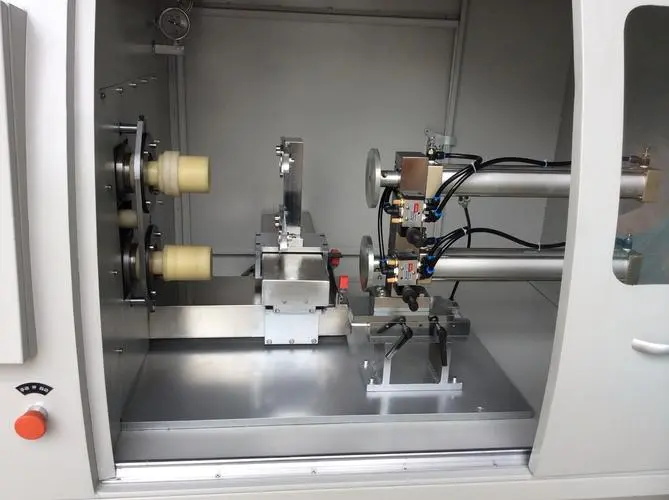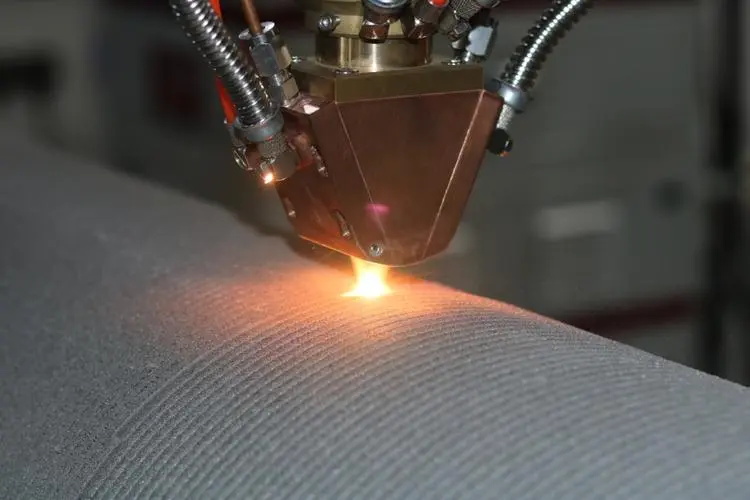02
2022
-
06
Toughness Analysis of Cemented Carbide
In the research and development of cemented carbide products, we often take "maintaining other properties of cemented carbide and improving its toughness as much as possible” as a research goal, in order to obtain better performance.
Like metal materials, the toughness of cemented carbide can be expressed in terms of impact toughness and fracture toughness. There is a linear relationship between the impact toughness and flexural strength of cemented carbide. The factors that determine the flexural strength of the alloy also strongly affect the impact toughness of the alloy. The impact toughness of the alloy is also affected by other factors.
Impact toughness is the ability of a material to resist failure under impact loading. Internal defects in alloys have similar effects on flexural strength and impact toughness. In general, hard alloys are brittle materials, and the elastic deformation work accounts for a large proportion when subjected to impact, so the flexural strength of the alloy has an important influence on the impact toughness value.

For the alloy containing 10% Co, with the increase of WC grain size, although the fracture toughness of the alloy increases, the flexural strength decreases and the impact toughness value also decreases, indicating that the flexural strength plays a leading role in the impact toughness.
As the hardness of cemented carbide increases, the fracture toughness tends to decrease. But within a certain range, it shows that other factors also affect the fracture toughness under the same hardness.
By analyzing the relationship between the impact toughness, fracture toughness and other mechanical properties and structural parameters of cemented carbide produced by different compositions, WC particle size and different process conditions, we draw the following conclusions:
There are many factors affecting the impact toughness value of cemented carbide, mainly including structural defects, strength and toughness, etc. Structural defects of alloys reduce the flexural strength and impact toughness at the same time. The flexural strength of the alloy has a great influence on the impact toughness.The impact toughness and flexural strength maintain a certain linear relationship. Only under the condition of similar flexural strength, alloys with good fracture toughness show better impact toughness.

The fracture toughness of cemented carbide is mainly related to the hardness. As the hardness of the alloy increases, the fracture toughness basically decreases linearly, but fluctuates within a certain range. When the hardness is similar, the low-Co coarse-grained alloy has better fracture toughness. Homogeneously structured alloys have higher fracture toughness but lower flexural strength and impact toughness than non-homogeneously structured alloys.
Compared with the impact toughness value of cemented carbide, the fracture toughness value has more important practical significance. Combined with the three mechanical performance indicators of fracture toughness, hardness and flexural strength of the alloy,It can better characterize the performance of the alloy.
RELATED NEWS
Zhuzhou Chuangde Cemented Carbide Co., Ltd
Add215, building 1, International Students Pioneer Park, Taishan Road, Tianyuan District, Zhuzhou City
SEND US MAIL
COPYRIGHT :Zhuzhou Chuangde Cemented Carbide Co., Ltd
Sitemap
XML
Privacy policy
















